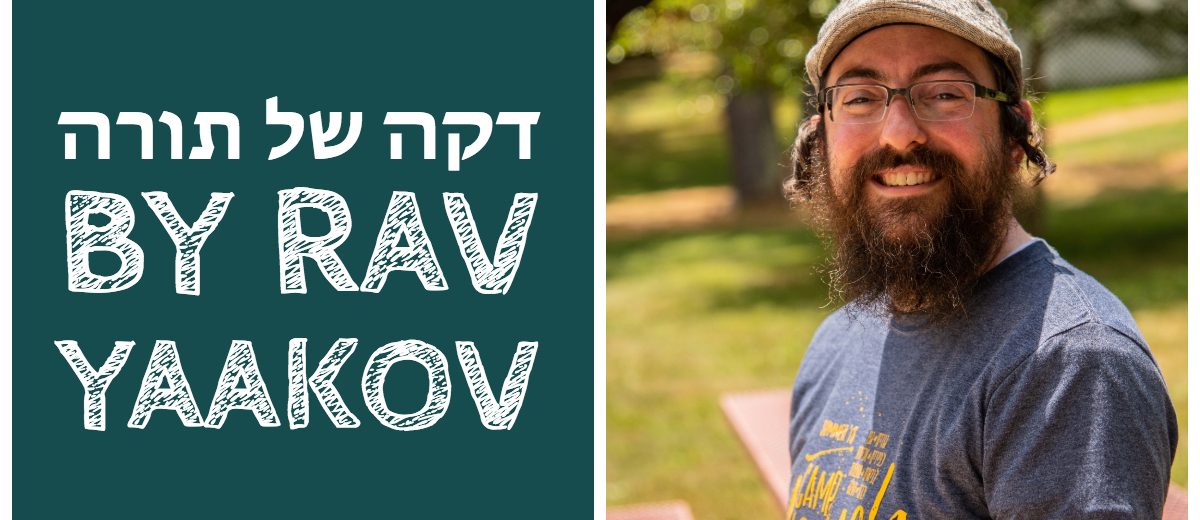Let’s Do It
This week’s parsha, Nitzavim, contains one of the Torah’s most memorable verses. Moshe has almost concluded his last address to the Jewish people, before he dies and they enter the Promised Land. They are about to be without Moshe for the first time in their lives, as they embark on the enormous undertaking of founding a society in Israel. This also means that for the first time they will not have a prophetic leader relaying messages directly from God. They won’t have the manna or Godly clouds of protection keeping them sustained and secure, for the first time in any of their lives.
Moshe senses that the people are scared. As he begins to ends his sermon that takes up the entirety of the Book of Devarim, he reminds the Jewish people of their history, from the Patriarchs and Matriarchs to slavery to leaving Egypt to receiving the Torah to traversing the desert to this very moment toward which everything has been leading. Moshe encourages any who may be overwhelmed among the people to remember to stay steadfast to the Torah and to trust in God. They don’t need Moshe, or clouds of protection, or manna: God will be there for them and give this wandering nation of former slaves the strength to complete the momentous task before them of creating the kingdom of Israel, of putting into practice everything they have been taught about how to build a just society.
One would think that promise from God would be enough, but Moshe continues: beyond trusting in God, the ultimate key to the Jewish people succeeding is trusting in themselves.
For this mitzvah I command you to today — it is not beyond you, or far off. It is not in heaven, that you would say, ‘Who will go up to heaven and bring it to us, so we will listen to it and do it?’ And it is not across the sea, that you would say, ‘Who will cross the sea and bring it to us, so we will listen to it and do it?’
Rather, it is very close to you. In your mouth, and in your heart, to do it.”
— Devarim 30:11
It is no coincidence that this parsha is read around Rosh Hashanah. We too are embarking on an enormous and overwhelming task: of entering a new year and standing before God and our community as we account for everything we have done over the past 365 days, and re-commit to being the best we can be. This isn’t a simple “new year’s resolution” we can declare and then forget about: the entire process, from the month of Elul leading up, to Rosh Hashanah, to the 10 Days of Repentance, to Yom Kippur, makes us very aware of the importance of doing an honest, sincere cheshbon hanefesh, literally “accounting of the soul,” reflecting on our deeds and how through teshuvah — personal atonement, tefilah — communion with God, and tzedakah — helping others, we can improve ourselves and the world in the coming year. We do this together, standing to hear the blasts of the Shofar. Reading Nitzavim this week, we remember that this process, while daunting, is not foreign or beyond our abilities. It is close. It is returning to our essence.
I’ve heard from many who grew up at Yavneh that each summer feels like returning to an essential part of themselves, rejuvenating as a community before entering into the new year just weeks later. So each of us has experienced what that feels like, and we know it’s not beyond us. I bless us all that we truly return to our best selves during this season of reflection. It is close to us, on our lips and in our hearts. We can do it.
Questions for the Shabbat table:
- Going into this new year, what is something that you scared of or overwhelmed by, but which you know “is not beyond you or far off,” and which is “in your heart to do it”?
- How can you engage in a cheshbon hanefesh or accounting of your soul in a way that speaks to you?




